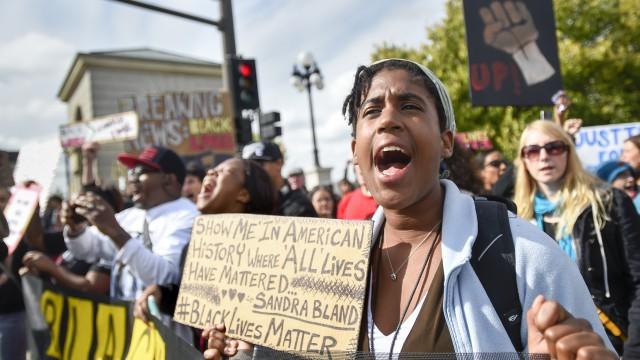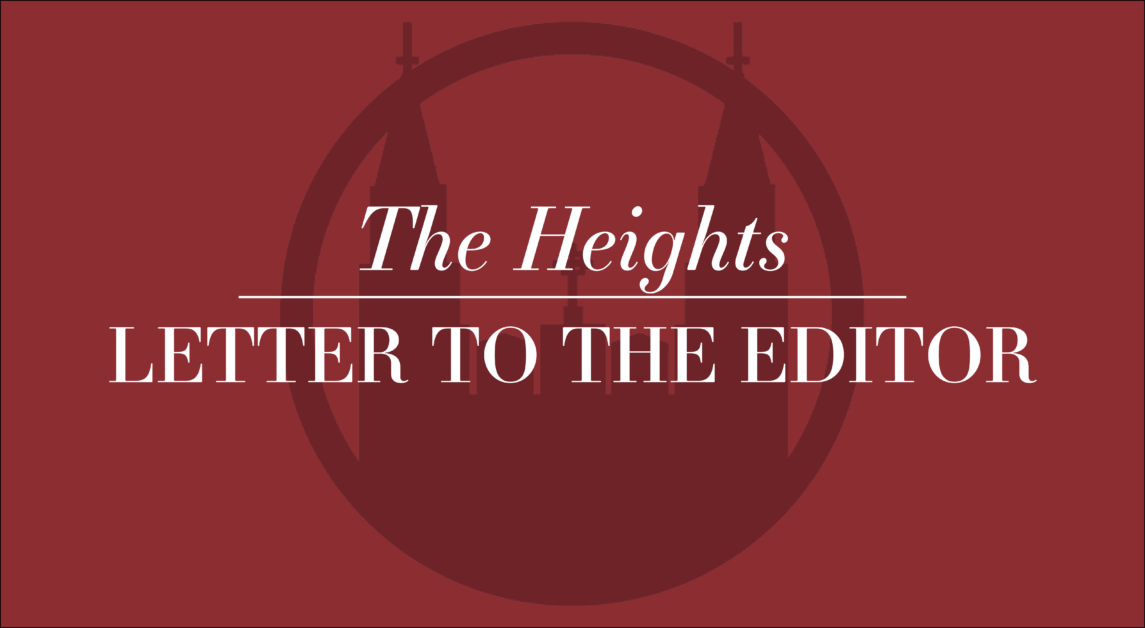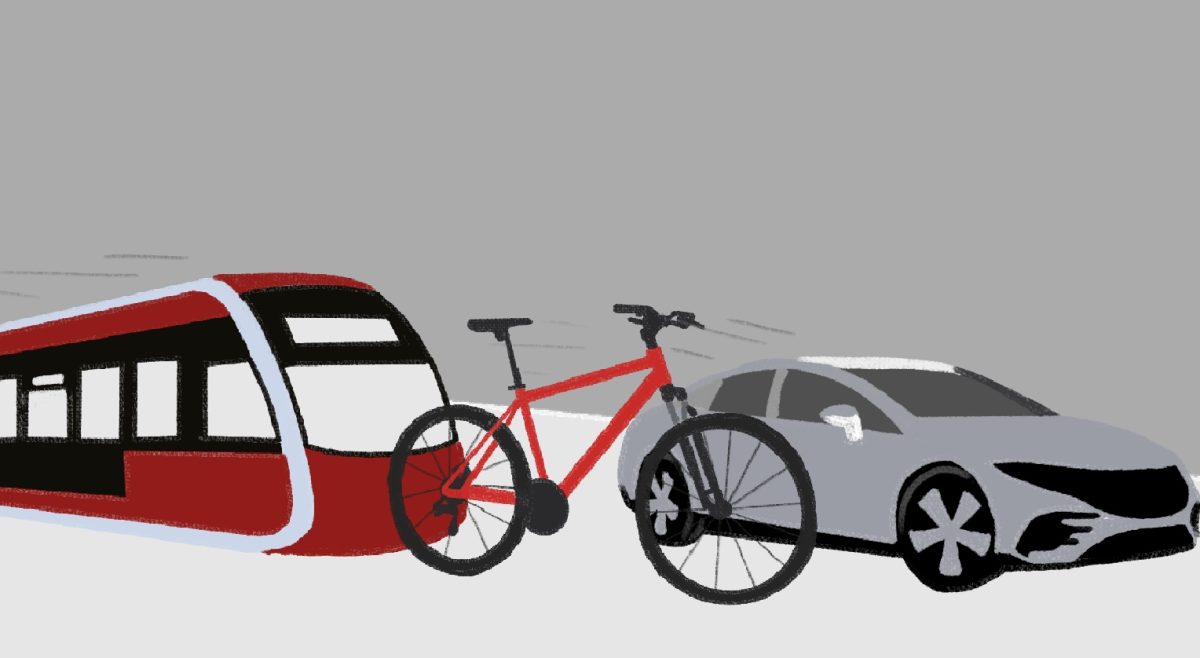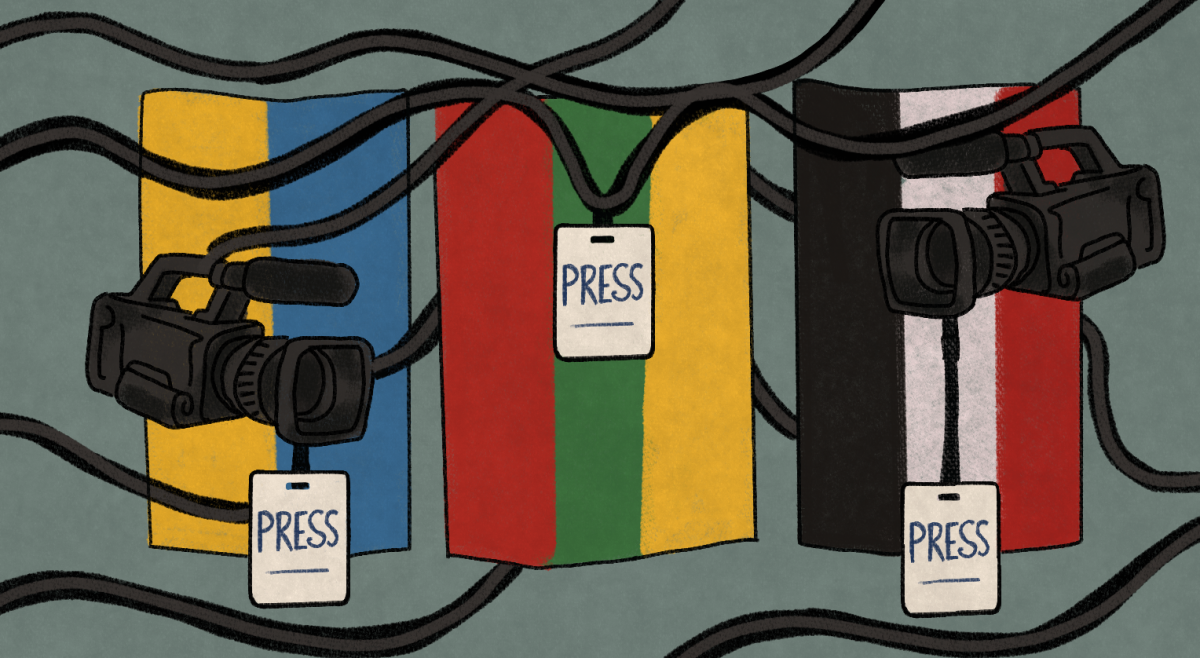It was with joy and then sadness that I read Height columnist Sean McGowan’s letter to his future son. Let me explain.
McGowan begins his letter describing all the unearned advantages and privileges white folks possess. He describes how his son, if he’s like dad, will be deeply troubled by these advantages. Like dad, the son might stay up at night “counting all the things you ever worked hard for, coming up with ways to convince people that no one handed them to you.” Should the son grow up in his father’s likeness, he might go so far as to “make fun of people who went to protests and vigils,” of organizers who are trying to make a difference.
Fortunately, something changed for Sean. He read and fell in love with Coates’ Between the World and Me, and the letter to his son was one small action to stand up for racial justice, for Black freedom. Sean admits he doesn’t know what to do about “all this,” the murderous racial inequality all around us. That’s good: admitting you don’t know what to do is a proud step for a white man in this society and the intolerant culture that far too often is Boston College.
Unfortunately, the letter’s conclusion brought sadness to me: Father and son ended up on the “bad side of the movement that’ll define our generations. We’re the oppressors … There’s not much you can do about it, besides being aware of it.” You can do something, as you are with that letter, Sean!
As buildings were going up in flames in major US cities, the government put together what’s called the Kerner Commission to examine what caused the riots. Their report described racism as a white problem. “What white Americans have never fully understood—but what the Negro can never forget—is that white society is deeply implicated in the ghetto. White institutions created it, white institutions maintain it, and white society condones it.” To me, that means that I have a responsibility, like every white person in this country, to change this intolerable situation. There are so many ways to get involved in Black liberation. To name just two of many options, you can support the Black Student Forum on campus and off campus you might get involved with Showing Up for Racial Justice.
One last point. White people certainly benefit from the white supremacist society we live in, but we are also hurt by it. Think where this country might be if not for deep racism that pervades our institutions. Imagine if we tackled racism, we might then be able to get on with the other two “giant triplets” of materialism and militarism, in Martin Luther King’s words. We might then address poverty, the climate crisis, and so much more. But don’t just imagine it—make it so! It won’t be easy, but I promise you’ll be happy with every step you take in challenging white supremacy and building the beloved community. I can see that community in my dreams. Sometimes I even catch glimpses of it while organizing for social justice.
Robert Wengronowitz
MGCAS ’19
Featured Image by Craig Lassig / Associated Press









